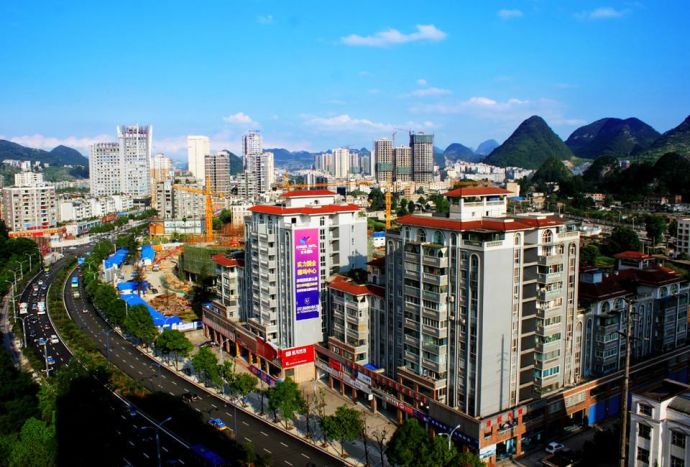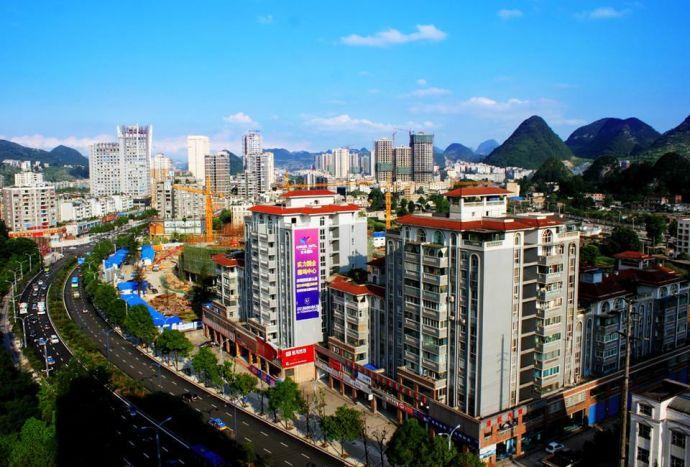
BEIJING, Aug. 10 (Xinhua)--Liupanshui, a city in southwest China’s Guizhou Province is developing tourism and agriculture industries to effectively alleviate poverty.
Over 4,000 residents now sell agricultural products and their expected income has risen to around 2,000 to 3,000 yuan (about 293 to 440 U.S. dollars) per month, Zhu Meicong, a tour guide in a Yi minority village near Liupanshui, told journalists of the 2018 Liupanshui Belt and Road & ASEAN Media Tour.
The majority of tourists come from China’s Hainan Province and Malaysia, Zhu said.
Lanten, a local tourism company, now provides villagers with jobs as well as the company shares. Gu Yungu, a 33-year-old Tuole villager who works with the company, said she now earns a monthly salary of about 3,000 yuan (about 440 U.S. dollars).
During summer, around 100,000 tourists visit this area every month.
Tourists of all ages come to enjoy the relaxing village environment, with elderly tourists arriving on holiday for an average of two weeks, whereas young people only stay for a few days as they must get back to cities and towns for work.
In the past, locals in this village relied heavily on agriculture, making money from their land that was often unreliable. However, now they have income both from selling agricultural products as well as from becoming shareholders in the local tourism industry.
Another such village, Tuole of Panzhou City, has adopted the same three transformation strategies to help its villagers get rid of poverty: transforming resources to assets, capital to equity and farmers into shareholders.
China’s 40 years of reform and opening-up has so far lifted nearly 800 million people out of poverty and pushed the country forward, now ranking as the world’s second-largest economy.
Liupanshui’s natural environment is well preserved and charming. Known for its cool summer months and fresh air Liupanshui attracts many Chinese tourists wishing to escape the summer hot. Last year, Liupanshui received more than 30 million visitors and saw over 20 billion yuan in revenue from tourism.
Guizhou has a plethora of unique sites to visit, including Changjiaomiao minority village, the Zangke River and the Ginkgo forest in Tuole village, and boasts activities for all families including a 10-kilometer cable way and even a ski resort.




 A single purchase
A single purchase









